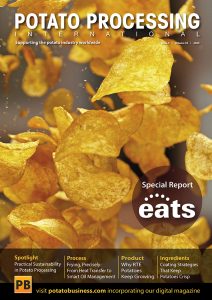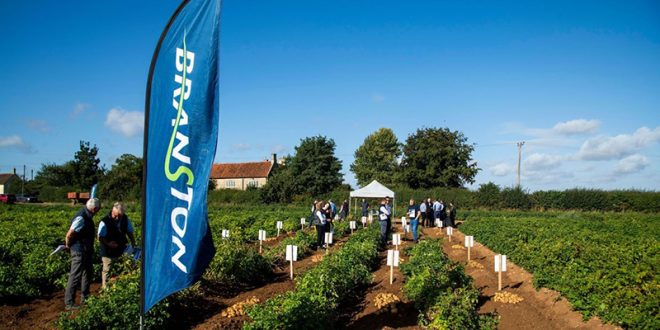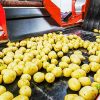Michigan State University Research Offers Anaerobic Digestion Blueprint for Potato Sector

Michigan State University (MSU) is pioneering advanced anaerobic digestion (AD) technologies that could significantly benefit the potato industry by converting agricultural and food waste into renewable energy, stabilised nutrients, and reclaimed water.
The research, led by MSU’s Anaerobic Digestion Research and Education Center (ADREC), offers compelling opportunities for large-scale potato producers seeking sustainable solutions for waste management, fertilizer recovery, and energy efficiency.
“By stabilizing and concentrating nutrients in forms that match crop needs, and reclaiming water for agricultural or industrial reuse, anaerobic digestion systems offer a closed-loop strategy to enhance soil health, reduce chemical fertilizer dependence, and protect freshwater resources,” said Professor Wei Liao, ADREC Director.
MSU’s full-scale AD facility processes up to 15,000 gallons of agricultural waste per day — including manure and food processing residues — generating 6,500 kWh of electricity and producing nutrient-rich digestate. The digestate is applied across 1,000 acres of university farmland using precision nutrient management guided by soil testing, helping reduce runoff and enhance yield efficiency. This approach is directly applicable to potato growers who face growing scrutiny over nitrate leaching, water use, and carbon emissions.
Over 15 years of continuous land application, MSU reports no contamination of nearby water wells, reinforcing the environmental safety of properly managed AD systems. Moreover, ongoing research is addressing concerns over contaminants such as PFAS, microplastics, and pharmaceuticals, with MSU developing science-based mitigation strategies to maintain compliance with environmental standards.
Anaerobic digestion could also offer an energy hedge for potato operations, many of which rely on energy-intensive cold storage or processing infrastructure. According to the American Biogas Council, full deployment of AD in Michigan alone could catalyze over $1.27 billion in investments and create thousands of jobs.
With a $30 million investment from the State of Michigan, MSU is now building a new Dairy Cattle Teaching and Research Center that will further expand its AD capabilities, supporting even more research into sustainable farming practices.
For potato growers navigating regulatory, energy, and soil fertility challenges, the innovations at MSU highlight a pathway toward greater circularity and resilience. Waste streams — from manure to processing scraps — are increasingly viewed not as liabilities, but as assets for energy and nutrient recovery.

















